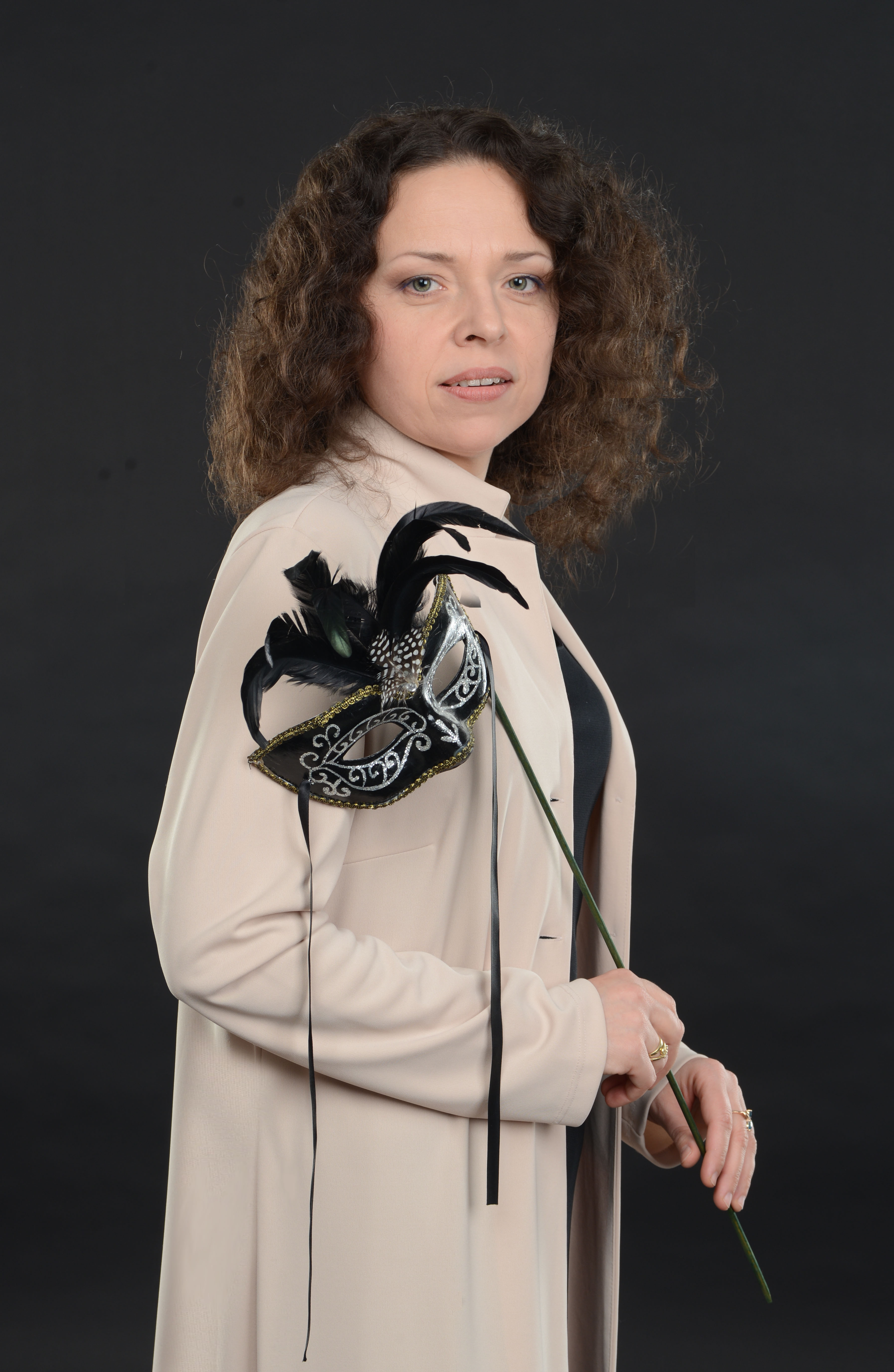
Running time:
2 parts by 45 minutes
2 parts by 45 minutes
6+
Рrogramme:
Händel
Cantata “Armida abbandonata” (“Armida Abandoned”)
Overture and 3 concert arias from “Rinaldo”
John Eccles
Suite from “The Mad Lover” opera
Vivaldi
Concerto for violin, strings and basso continuo in A Major, RV. 347
Concerto for cello, strings and basso continuo in A Minor, RV 421
12 March 2019 Tuesday
19.00
Chamber hall
19.00 Chamber hall
Armida Abandoned
Soloists of Stanislavski and Nemirovich-Danchenko Theatre
Tempo Restauro baroque concert
Music director and conductor Maria Maksimchuk
Soloists:
Maria Makeeva, soprano
Natalya Vladimirskaya, mezzo-soprano
Liudmila Frayonova, violin
Alexander Gulin, cello
Artwork:
Lighting, historical painting projection
Present time – is “tempo restauro”, the time of restoration. The time to study ancient treatises, to perform forgotten and newly found sheet music, to recreate ancient performing school, and to reconstruct old instruments.
“This fact urged us to choose the name for our consort: inspired by the eternal ideals of the past, we move toward time…”, goes the poetical explanation of Maria Maksimchuk, art director of baroque consort Tempo restauro.
About five years ago the ensemble gave its first concerts, and as early as in 2015 the musicians created the whole concert cycle of Russian and Baroque music with the framework of “Open Stage” project. With young opera singers, the consort premiers rare baroque operas, and does a cycle of concerts of “Baroque, Flight through Centuries” abonnement, with the Chamber choir of Moscow Conservatory. Surprisingly, these “historically informed” singers can be heard in “ordinary” classical productions of Moscow music theatres, for all of them are soloists of Stanislavski and Nemirovich-Danchenko Moscow Academic Music Theatre.
The consort made a string of archive recordings. It also hosts educational shows at Orpheus Radio, and performs a cycle “Baroque. Masterpieces and Discoveries” in their home, Stanislavsky Theatre.
It was Tempo Restauro that, with the Theatre’s soloists, in 2017 premiered in Russia an authentic version of Händel’s famous "Julius Caesar in Egypt".
So, we’re face to face with another the portrait of Armida, one of the famous opera heroines of her time. She’s the title character of Händel’s cantata of the same title, and the cantata was being written with baroque prima donnas in mind, as a kind of opera scene, or mono opera, as well as arias from “Rinaldo” of the same composer. Oeuvres of Händel’s contemporaries frame this music portrait of the composer’s character.
Music director and conductor Maria Maksimchuk
Soloists:
Maria Makeeva, soprano
Natalya Vladimirskaya, mezzo-soprano
Liudmila Frayonova, violin
Alexander Gulin, cello
Artwork:
Lighting, historical painting projection
Present time – is “tempo restauro”, the time of restoration. The time to study ancient treatises, to perform forgotten and newly found sheet music, to recreate ancient performing school, and to reconstruct old instruments.
“This fact urged us to choose the name for our consort: inspired by the eternal ideals of the past, we move toward time…”, goes the poetical explanation of Maria Maksimchuk, art director of baroque consort Tempo restauro.
About five years ago the ensemble gave its first concerts, and as early as in 2015 the musicians created the whole concert cycle of Russian and Baroque music with the framework of “Open Stage” project. With young opera singers, the consort premiers rare baroque operas, and does a cycle of concerts of “Baroque, Flight through Centuries” abonnement, with the Chamber choir of Moscow Conservatory. Surprisingly, these “historically informed” singers can be heard in “ordinary” classical productions of Moscow music theatres, for all of them are soloists of Stanislavski and Nemirovich-Danchenko Moscow Academic Music Theatre.
The consort made a string of archive recordings. It also hosts educational shows at Orpheus Radio, and performs a cycle “Baroque. Masterpieces and Discoveries” in their home, Stanislavsky Theatre.
It was Tempo Restauro that, with the Theatre’s soloists, in 2017 premiered in Russia an authentic version of Händel’s famous "Julius Caesar in Egypt".
So, we’re face to face with another the portrait of Armida, one of the famous opera heroines of her time. She’s the title character of Händel’s cantata of the same title, and the cantata was being written with baroque prima donnas in mind, as a kind of opera scene, or mono opera, as well as arias from “Rinaldo” of the same composer. Oeuvres of Händel’s contemporaries frame this music portrait of the composer’s character.

